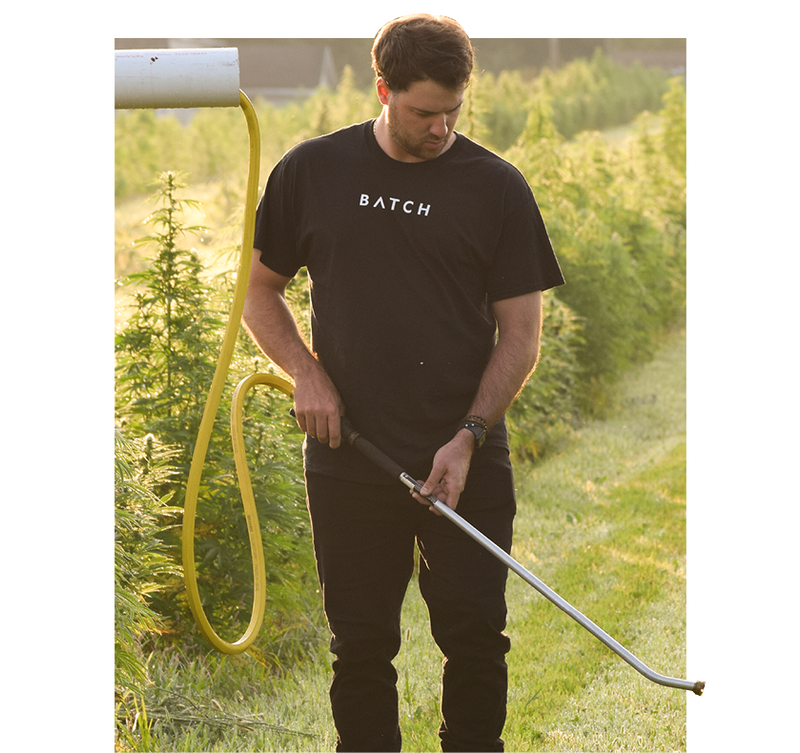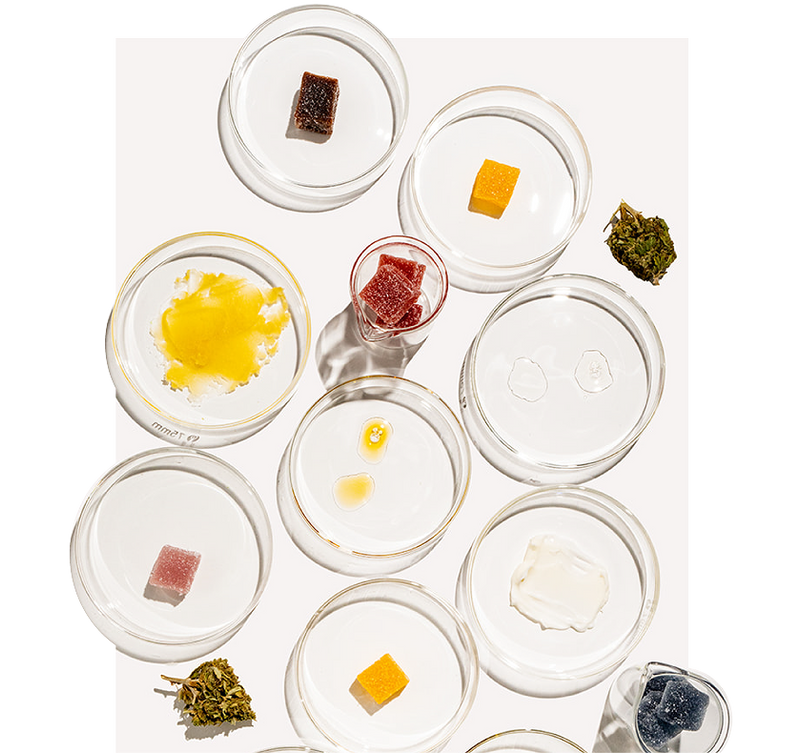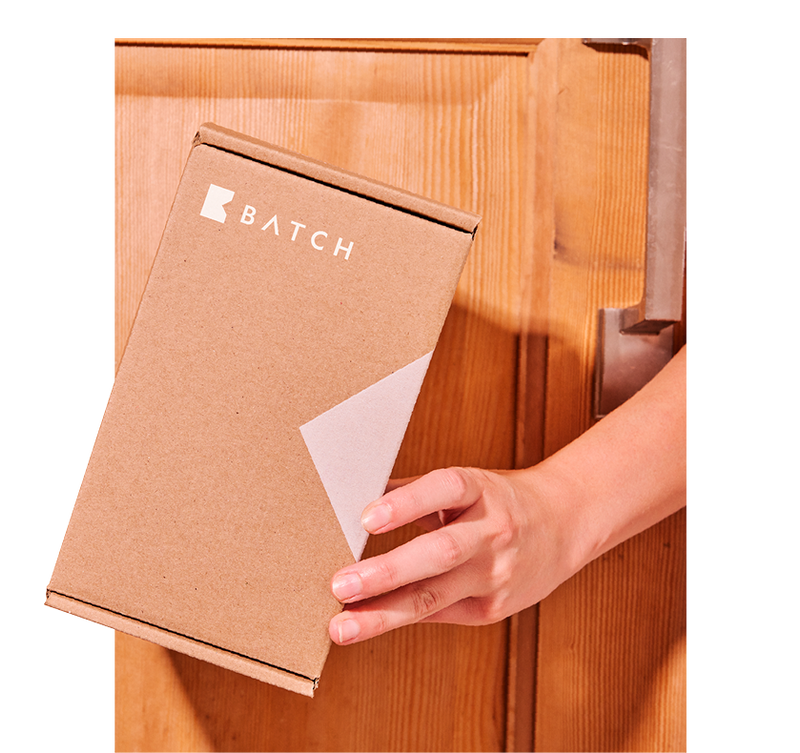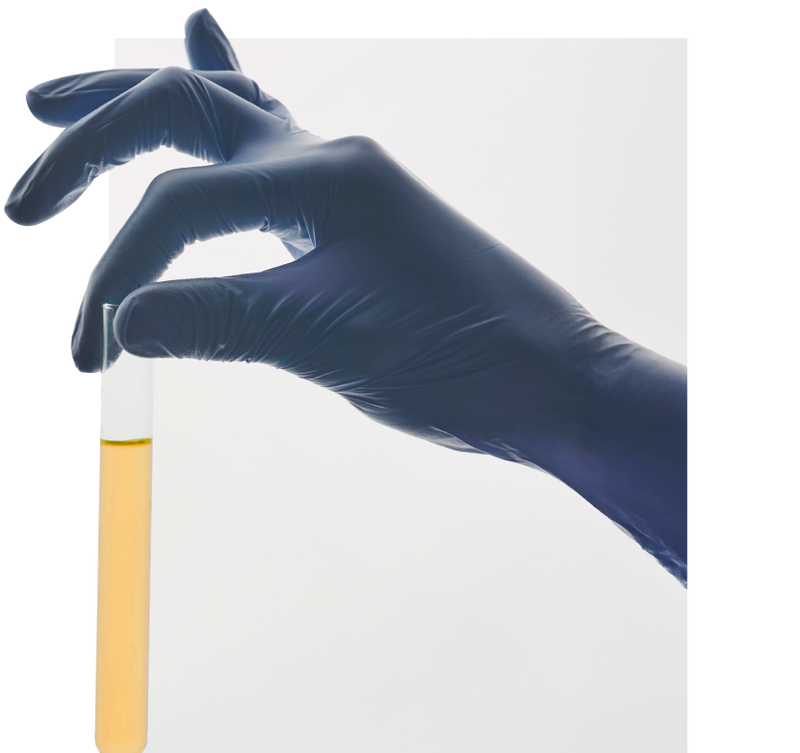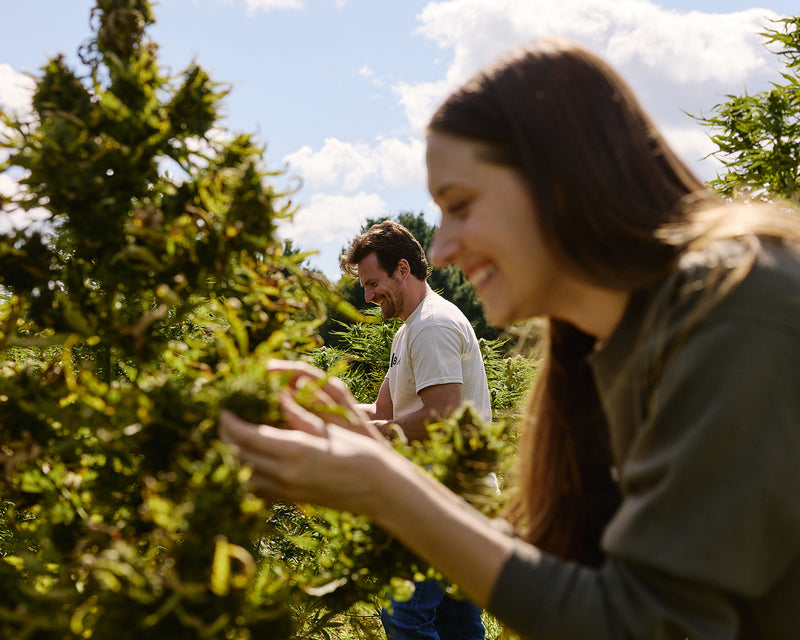There’s no one-size-fits-all approach to using CBD for sleep, and that’s actually a good thing. Finding your ideal CBD routine may take some experimentation, whether you’re looking for a gentle nudge into relaxation or something more noticeable. Here’s what to keep in mind as you build your wind-down ritual:
- Start Low and Go Slow: Especially if you’re new to CBD, it’s smart to start with a small amount and gradually increase as needed. Everyone’s body responds differently, and a lower dose might be all you need to notice a shift. This also helps you avoid overdoing it—particularly with full-spectrum products that contain THC in trace amounts.
- Timing Matters: When it comes to sleep, timing your CBD intake can impact how well it fits into your evening. Tinctures may begin working within 15–30 minutes when taken sublingually, while gummies may take closer to 30–60 minutes to take effect. Whichever you choose, try to take it around the same time each night to support consistency.
- Build a Routine Around It: CBD works best when it's part of a wind-down routine—not a last-ditch effort at 2 a.m. Pairing it with other calming habits like dimming the lights, avoiding screens, or sipping herbal tea may help signal to your body that it’s time to rest. The goal is to create a space where your body feels safe and ready to power down.
- Be Consistent, Not Perfect: Like any wellness habit, using CBD for sleep works best when it’s consistent. You don’t need to be perfect every night, but the more regularly you use it, the easier it may be for your body to respond. Think of it like a gentle nudge that becomes more effective over time with steady use.
What To Expect: Onset, Duration, And Results
Trying CBD for sleep for the first time? It helps to know what kind of experience you might have—especially in terms of how quickly it kicks in, how long it may last, and what kinds of results people commonly report. While everyone’s body is different, here’s a general breakdown of what to keep in mind:
Onset: When It May Start Working
CBD tinctures taken sublingually under the tongue may begin to take effect within 15–30 minutes. Gummies, on the other hand, typically take 30–60 minutes as they pass through the digestive system. Whichever you choose, be patient and avoid the urge to redose too soon. Your body may just need a bit more time to respond.
Duration: How Long It May Last
Once CBD kicks in, many people report feeling the effects for several hours—usually around 6 to 8. This can vary depending on dosage, metabolism, and whether you’ve eaten recently. Gummies sometimes offer a slightly longer duration than tinctures due to their slower absorption.
Results: What You Might Notice
While experiences vary, many users describe a sense of relaxation that makes it easier to ease into sleep. Rather than knocking you out, CBD may help smooth the transition between being awake and drifting off. The key is subtlety—it’s not about dramatic effects, but more about creating the right conditions for rest to unfold naturally.
Who Should Try CBD For Sleep?
Sleep quality impacts nearly every area of daily life—from energy levels to mood and focus. CBD for sleep might be something to consider if you're exploring natural options to support a better bedtime routine. Still, it’s not for everyone, and finding the right fit depends on your personal wellness goals and lifestyle preferences:
For Those Looking To Wind Down Naturally
If your goal is to create a smoother, more grounded transition to bedtime without relying on heavy or habit-forming options, CBD may be worth exploring. Many enjoy using it as part of an intentional wind-down routine with other calming rituals. Whether it’s a tincture, gummy, or both, the idea is to support rest without forcing it.
If You're Open To Plant-Based Wellness Tools
CBD fits well into the toolbox of those who lean toward plant-based or functional wellness strategies. It's not a cure or quick fix but a supportive tool that may encourage a sense of calm and balance. Those already using botanicals or supplements for general well-being may find CBD a natural addition to their routine.
Talk To A Health Professional First
If you’re considering CBD as part of your sleep support routine, it's always best to consult with a healthcare provider first, especially if you’re taking medications or managing any health conditions. Understanding how your body responds, and whether CBD is appropriate for your situation, is key to making a smart and informed choice.
Read also:
Sources:
1. D’Angelo, M., & Steardo, L. (2024). Cannabinoids and Sleep: Exploring Biological Mechanisms and Therapeutic Potentials. International Journal of Molecular Sciences, 25(7), 3603. https://doi.org/10.3390/ijms25073603
2. Scott, A. J., Webb, T. L., Martyn-St James, M., Rowse, G., & Weich, S. (2021). Improving sleep quality leads to better mental health: A meta-analysis of randomised controlled trials. Sleep Medicine Reviews, 60(101556), 101556. https://doi.org/10.1016/j.smrv.2021.101556
3. Kaufmann, R., Harris Bozer, A., Jotte, A. K., & Aqua, K. (2023). Long-Term, Self-Dosing CBD Users: Indications, Dosage, and Self-Perceptions on General Health/Symptoms and Drug Use. Medical Cannabis and Cannabinoids, 6(1), 77–88. https://doi.org/10.1159/000531666
4. Kisiolek, J. N., Flores, V. A., Ramani, A., Butler, B., Haughian, J. M., & Stewart, L. K. (2023). Eight Weeks of Daily Cannabidiol Supplementation Improves Sleep Quality and Immune Cell Cytotoxicity. Nutrients, 15(19), 4173. https://doi.org/10.3390/nu15194173
Observer
Merry Jane
People
Pop Sugar
Cosmopolitan











